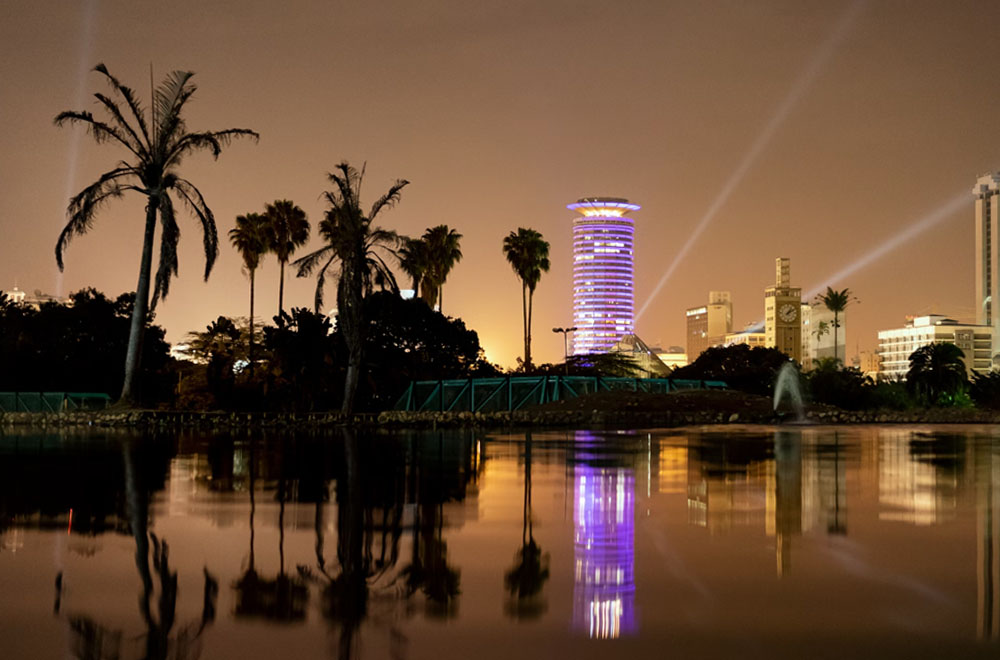The new, augmented and adjusted: Mauritius Immigration Updates
Mauritius has made some critical changes within their immigration and tax policies. Some of the new Mauritius immigration updates and adaptations have individuals across the globe packing their bags as they are ready to make the move, while others might have you pulling your calculator closer from across your desk. Whichever side of the scale you find yourself with regards to these changes, all the updates can be summarized in short for optimal comprehension.
Firstly, numerous taxation laws have undergone adjustment and it is highly recommended to consult a tax practitioner if you reside or work within Mauritius. One major change is the definition of a dependent child. One might make assumptions with regards to the age considering the term ‘child’, however there is no age limitation under this classification. Thus, the only regulations are that a dependent child has to be unmarried, entirely dependent and may not conduct any financially rewarding activities. The Immigration act has also redefined a Mauritian resident as an individual who has acquired an apartment, on any floor but the ground level, of a two-story or higher building with a selling price of minimum USD 375 000. Alternatively, one has to hold a section 9A occupation permit, 9B resident retired permit or a family occupation permit, as well as domestic workers or Au Pairs who are employed by a family occupation permit holder.
The PRP, or Permanent Resident Permit, will remain valid for 20 years from 1 September 2020 onwards, and is applicable to investors, professionals or self-employed individuals who have permanent residence. These individuals may extend their permanent residence under the category of retired non-citizen for the remainder of the visa period, considering they have a disposable income of USD 1500. For occupation permit holding investors, an initial investment of USD 50 000 is required, together with an existing business valued at USD 50 000 and a cumulative turnover of Rs 12million for the last 3 years. In addition to this, a gross income of Rs 4million per year for the third year is required for renewal.
Under the occupation permit for the self-employed, an initial investment of USD 35 000 is required and is only open to those within the service-sector. Additionally, a minimum business income of Rs 5 800 000 is required per year from the third year to register for renewal. Family occupation permits are valid for 10 years for the applicants, their spouses, dependent children, parents and household employees. Under this permit, both the applicant and their spouse may be employed for profit-generating positions. However, an USD 250 000 contribution to the Covid-19 development fund is required. A more cost effective alternative might be the Residence permit for retired non-citizens. This permit requires an initial USD 1 500 fee, followed by a monthly USD 1 500. An aggregate of minimum USD 18 000 needs to be generated yearly for the 10 years that the permit is valid.
Then, there is the allusive Premium visa. This permit makes one subject to income tax, as of 1 November 2020. If you are residing within Mauritius while working remotely, you will also be taxed within Mauritius for that income. All money that is spent on non-Mauritian bank accounts will not be remitted, while income paid into Mauritian accounts might be liable to tax with the exception if proof is delivered that tax is paid within the country of origin. Another permit which has been changed is that of an occupational permit as a professional. This permit is offered for spouses of occupation permit holders, and is valid for 10 years. Depending on the sector in which one works, the minimum monthly salary varies. For the ICT, BPO, pharmaceutical manufacturing and food production industry, a salary of Rs 30 000 is required, while fund accounting and compliance workers need a minimum of 3-years experience above this minimum salary requirement. All other sectors however, require a salary of Rs 60 000. Individuals working in the public sector will unfortunately be limited to 3-year employment periods, as well as all young professional permit holders.
Finally, the premium investor scheme acts as an introduction for premium investors with certificates for projects, and invites manufacturers of pharmaceuticals and medical devices. This certificate requires a minimum investment of Rs 500million in an emerging sector, pioneering, innovative technology or a targeted economic acquisition that has been approved by the minister. The benefits of this certificate includes a rebate or exemption to tax and other duties, as well as facilities, grants and exemptions with relation to land, buildings and foreign labour requirements.
All the changes might sound heavy on the ear, so if you think that you might be affected by any of these changes, do not hesitate to inquire. It is important to remember that each immigration case is unique, and at IBN we aspire to connect individuals with opportunities.
CONTACT US, to enquire how we can provide Immigration Solutions, catered to your needs!
Or, Sign up for our newsletter for more Mauritius Immigration Updates HERE
Written by: Anja Landman


